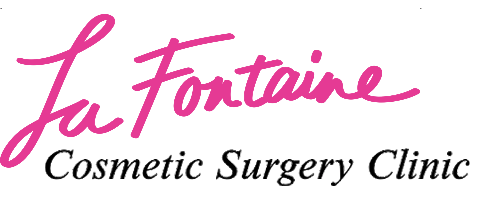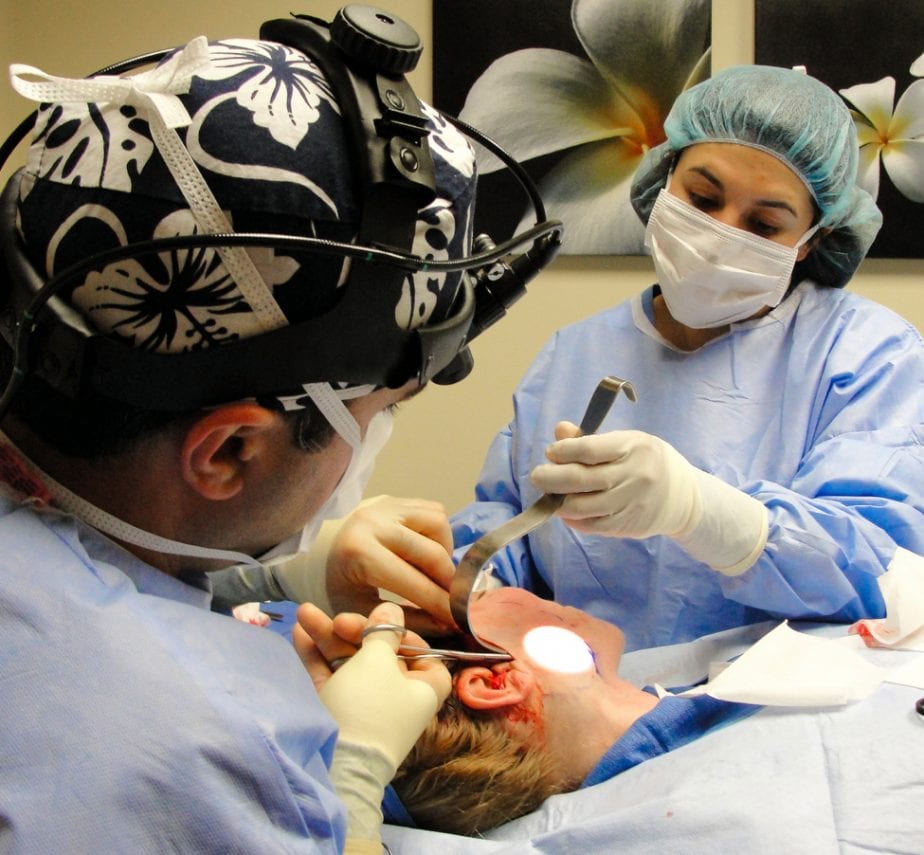Cosmetic surgery has become an everyday occurrence, and you may be wondering if you should have some work done, too. Cosmetic surgery can improve the way you look and make you feel better about yourself. At the same time, if someone isn`t mentally fit or has unrealistic expectations about the way it will turn out, it can be an emotionally devastating experience.
The most common types of Cosmetic Surgery are
- Breast Augmentation
- Rhinoplasty, (nose reshaping)
- Blepharoplasty, (eyelid surgery)
These procedures can produce drastic results so it`s important to fully understand what outcome to expect. Here are 7 questions to ask yourself before undergoing cosmetic surgery.
- Why Do You Want Cosmetic Surgery?
What`s your motivation for permanently changing your body? Your answer to this question can be the difference between a successful result and lifelong regret. Never change yourself to keep a boyfriend from leaving, to make yourself more like your circle of friends or in response to a major life event such as losing your job or a divorce. The best reason to have any type of cosmetic surgery is because you`ve been thinking about it for a long time and it`s something you want to do for yourself.
- Exactly What Do You Want to Correct?
You need to have a very specific idea of what you want fixed. Cosmetic surgeons agree that the happiest patients are those who use the surgery to fix a specific issue and are doing it as a way to normalize their body and not necessarily to enhance it.
If you know you want a nose job to balance your facial features and help you breathe better, or a breast reduction to help relieve discomfort, that`s good. However, if you`re just looking to make a change to make yourself feel better, that`s a red flag, because cosmetic surgery isn`t a cure for low self-esteem. Really think about what issues you`re consistently dealing with, then see if cosmetic surgery can solve those problems and enhance your quality of life.
- What Are You Expecting?
The point of cosmetic surgery is to make a better version of you. It can`t make you look like your favourite movie star, so give up on unrealistic expectations of the effects surgery will have on your looks and your life. A cosmetic surgeon can only work with your body, not give you a new one. If you`re at all unsure of how you`ll feel about the changes, then you should wait.
- Have You Done Everything You Can to Help Yourself First?
Cosmetic surgeons often recommend that their patients make healthy lifestyle changes like exercising, eating nutritious food and resolving any ongoing mental or physical health issues before considering surgery. Surgery should never be your first choice for things you can fix on your own. At the very least, working with a nutritionist, a trainer and a psychologist can increase the changes that your surgery will be successful by establishing healthy maintenance rituals.
It may also mean that you need less work done. For instance, you may no longer need liposuction because you dropped the weight on your own.
- Do You Know the Risks?
Cosmetic surgery carries the same risks as any other major surgery. Risks include infection, bleeding, scarring and blood clots, which are potentially fatal. Additionally, about 5 percent of patients will need or want more surgery because they`re either not satisfied with the results or because there was a complication.
Cosmetic surgery can be both costly and painful and results can`t be guaranteed.
- Is This the Right Time?
It`s important to remember that any cosmetic procedure you have done will not last forever and it won`t stop the natural aging process. You should think about whether or not you`re at the right age for cosmetic surgery. For instance, a facelift done in your 30s may only last five or 10 years, so some people put off having this surgery until they are in their 40s or 50s, so they only have to have one or two procedures.
- Have You Done Your Homework?
It`s important to find a board-certified cosmetic surgeon who has a good reputation and is willing to listen to you and answer all your questions. A reputable cosmetic surgeon will thoroughly explain the procedure to you long before the day of surgery. They will also make sure you know all the risks involved, what to expect after the surgery and how long healing will take.
Then, make a checklist of the practical stuff:
- What type of procedure do you want?
- How much money will it cost?
- Can you schedule enough time off work?
- Are there people who can help care for you after the surgery?
- If something goes wrong, can you afford to fix it?
Make sure you have a solid answer for each of these questions before you book surgery.


